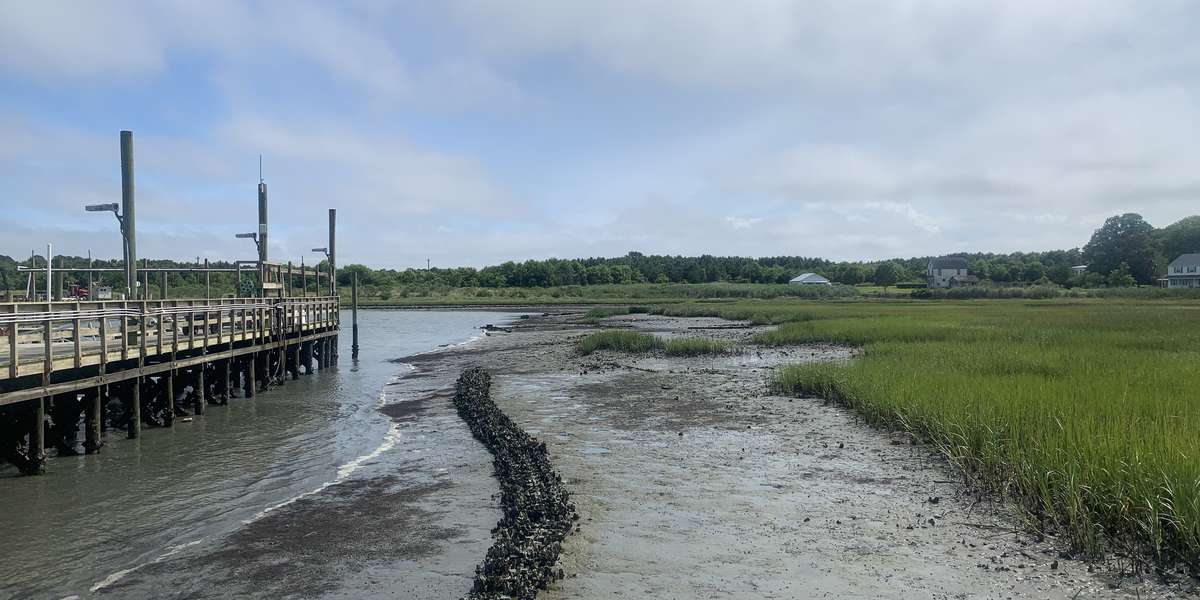2022
2023
2024
2025
June 25, 2021 at 3:52 PM

Coastal Research Center Dock - Oyster, VA
Managed by Virginia Coast Reserve LTER
Since 2021
In Virginia, US
VCR105
This chronolog combines 115 photos from 36 contributors. Learn more
About this site
The Coastal Research Center hosts the Virginia Coast Reserve Long-Term Ecological Research program – a 30+ year project funded by the National Science Foundation and established in collaboration with The Nature Conservancy . In this program, scientists from >10 universities work together to study and understand coastal lagoon and barrier island systems along Virginia's Eastern Shore.
About Virginia Coast Reserve LTER
How do slow, progressive environmental changes (such as sea level rise) interact with brief disturbances (including intense waves and storms) to shape our seaside landscape? We are trying to find out!
Since the mid 1980s, scientists from over half a dozen universities have worked together through the Virginia Coast Resever (VCR) Long Term Ecological Research (LTER) program to better understand barrier islands, coastal forests, salt marshes, oyster reefs, and seagrass meadows.
Our goal is to not only UNDERSTAND how coastal systems work, but also to PREDICT how they may function or change in the future due to a changing climate, sea level rise, and land usage. We also connect any of those changes to the ecological and economic services the coastal barrier island system provides to you (such as storm protection, flood control, fisheries habitat, tourism).
Beyond VA's coast, we are connected to a national network of LTER sites, studying and comparing environments all over world.
For nature-lovers
Explore chronologs
For organizations
Chronolog is a monitoring tool for parks, nature centers, wildlife organizations, schools, and museums worldwide. With over 100,000 contributors across 300 organizations, Chronolog is on a mission to engage communities with nature while recording important natural changes.
© Chronolog 2025 | Terms